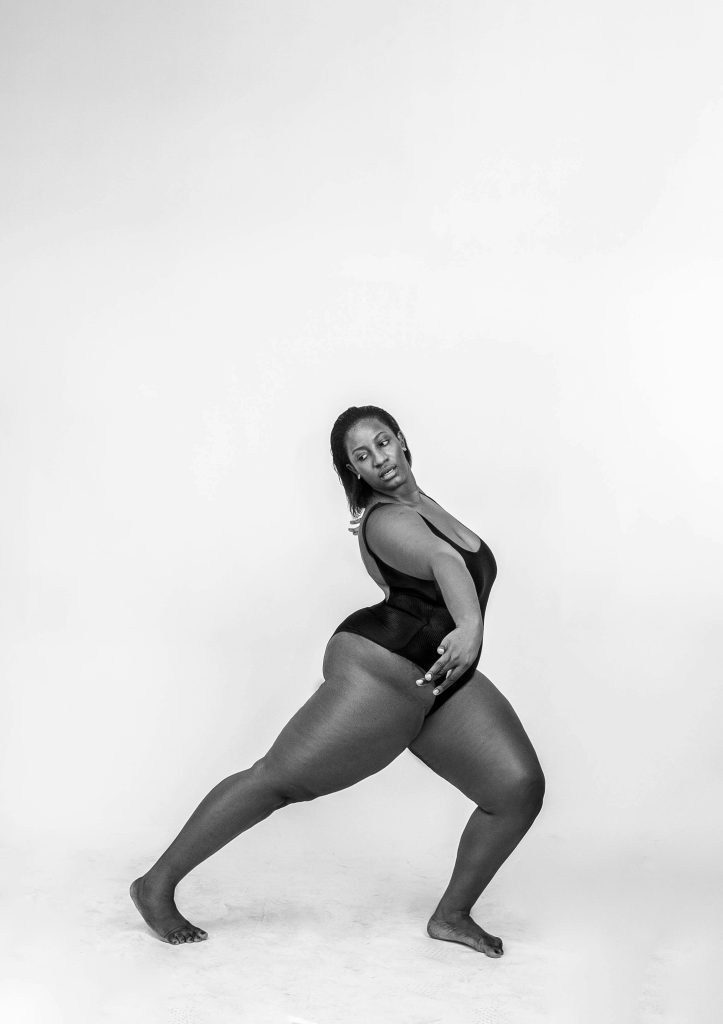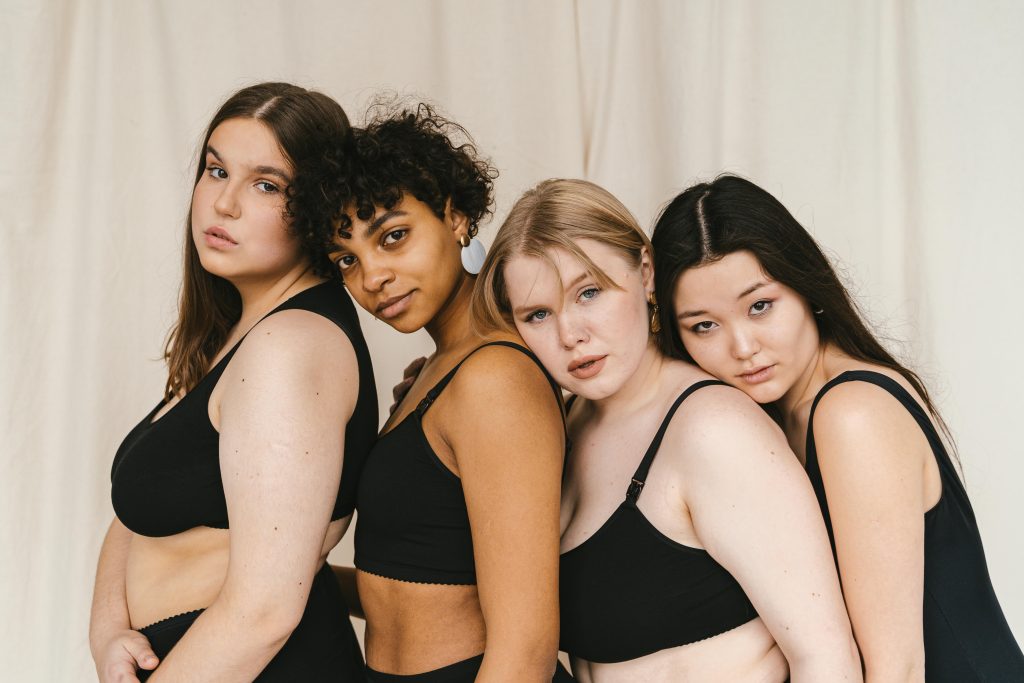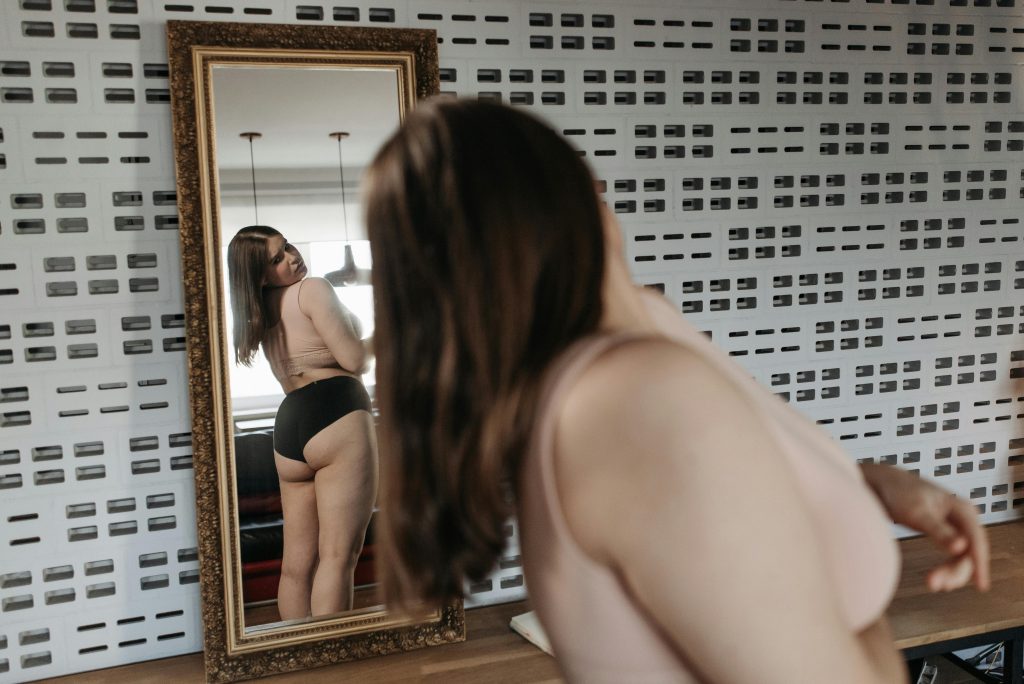The Weight of Judgment
Body image and weight are deeply personal and complex issues, yet they are frequent battlegrounds for shaming among women. This form of judgment, rooted in societal pressures and internalized insecurities, creates a toxic environment where women are constantly scrutinized and measured against unrealistic standards. Let’s delve into the specific dynamics of weight and body image shaming within the female experience.

The Anatomy of Body Shaming:
Body shaming among women manifests in myriad ways, often disguised as “concern” or “helpful advice.” Here’s a breakdown:
- Weight-Based Criticism: This includes comments about being “too fat,” “too thin,” or “not toned enough.” It reinforces the idea that a woman’s worth is tied to her physical appearance.
- Clothing Policing: Judgments about what women wear, whether deemed “too revealing” or “unflattering,” perpetuate the notion that women’s bodies are public property.
- Food Policing: Comments about eating habits, from “you shouldn’t eat that” to “you need to eat more,” create a sense of guilt and shame around food.
- “Compliments” with Hidden Agendas: Statements like “you look good, have you lost weight?” often mask a subtle form of judgment, implying that weight loss is the sole measure of value.
- Comparison and Competition: Comparing oneself to other women’s bodies, whether consciously or unconsciously, fuels a cycle of self-criticism and insecurity.
- The “Health Concern” Cloak: Many people will hide their body shaming behind a mask of “health concern”. This is especially damaging, because it makes the person being shamed feel like they are being attacked, and that the person shaming them is doing it out of care.

The Roots of Body Image Shame:
The origins of this destructive behavior are multifaceted:
- Media’s Unrealistic Standards: Media portrayals of women’s bodies are often heavily edited and airbrushed, creating unattainable ideals that fuel insecurity.
- Diet Culture: The pervasive diet culture, which promotes restrictive eating and weight loss as the key to happiness and success, reinforces negative body image.
- Internalized Fatphobia: Many women, even those who consider themselves progressive, may harbor internalized biases against larger bodies.
- The Male Gaze: Societal objectification of women’s bodies, often filtered through the male gaze, creates a sense of constant scrutiny and self-consciousness.
- Competition for Male Attention: The perception that women are competing for male attention can fuel a desire to “outshine” others in terms of physical appearance.
- Lack of Body Positivity Education: Many women lack access to resources and education that promote body positivity and self-acceptance.

The Devastating Impact:
Body shaming has profound and lasting consequences:
- Eating Disorders: The pressure to conform to unrealistic beauty standards can trigger or exacerbate eating disorders like anorexia, bulimia, and binge eating.
- Low Self-Esteem: Constant criticism erodes self-confidence and creates a sense of inadequacy.
- Mental Health Struggles: Body shaming contributes to anxiety, depression, and other mental health conditions.
- Social Isolation: The fear of judgment can lead women to withdraw from social situations and isolate themselves.
- Damaged Relationships: Body shaming can strain or damage relationships between women, creating a climate of distrust and animosity.
- Body Dysmorphia: A mental health condition where a person can’t stop thinking about perceived flaws in their appearance.

Cultivating Body Positivity and Breaking the Cycle:
Transforming the culture of body shaming requires a concerted effort:
- Challenging Media Narratives: Critically examine media portrayals of women’s bodies and advocate for more diverse and realistic representations.
- Promoting Body Positivity: Embrace body diversity and celebrate the beauty of all shapes and sizes.
- Practicing Self-Compassion: Be kind to yourself and acknowledge your own imperfections. Extend the same compassion to other women.
- Focusing on Health over Appearance: Shift the focus from weight loss to overall health and well-being.
- Rejecting Diet Culture: Challenge restrictive eating habits and promote intuitive eating.
- Avoiding Body-Focused Compliments: Instead of commenting on appearance, compliment women’s strength, intelligence, or other qualities.
- Calling Out Body Shaming: When witnessing body shaming behavior, gently and respectfully call it out.
- Creating Safe Spaces: Foster environments where women can share their experiences and support each other without judgment.
- Educating Ourselves: Learn about body positivity, intuitive eating, and the dangers of diet culture.
- Amplifying Diverse Voices: Support and amplify the voices of women with diverse body types and experiences.
- Setting Boundaries: Do not accept body shaming comments, and make it clear that those comments are not welcome.
By actively challenging body shaming and fostering a culture of body positivity, we can create a world where women feel empowered and confident in their own skin.



